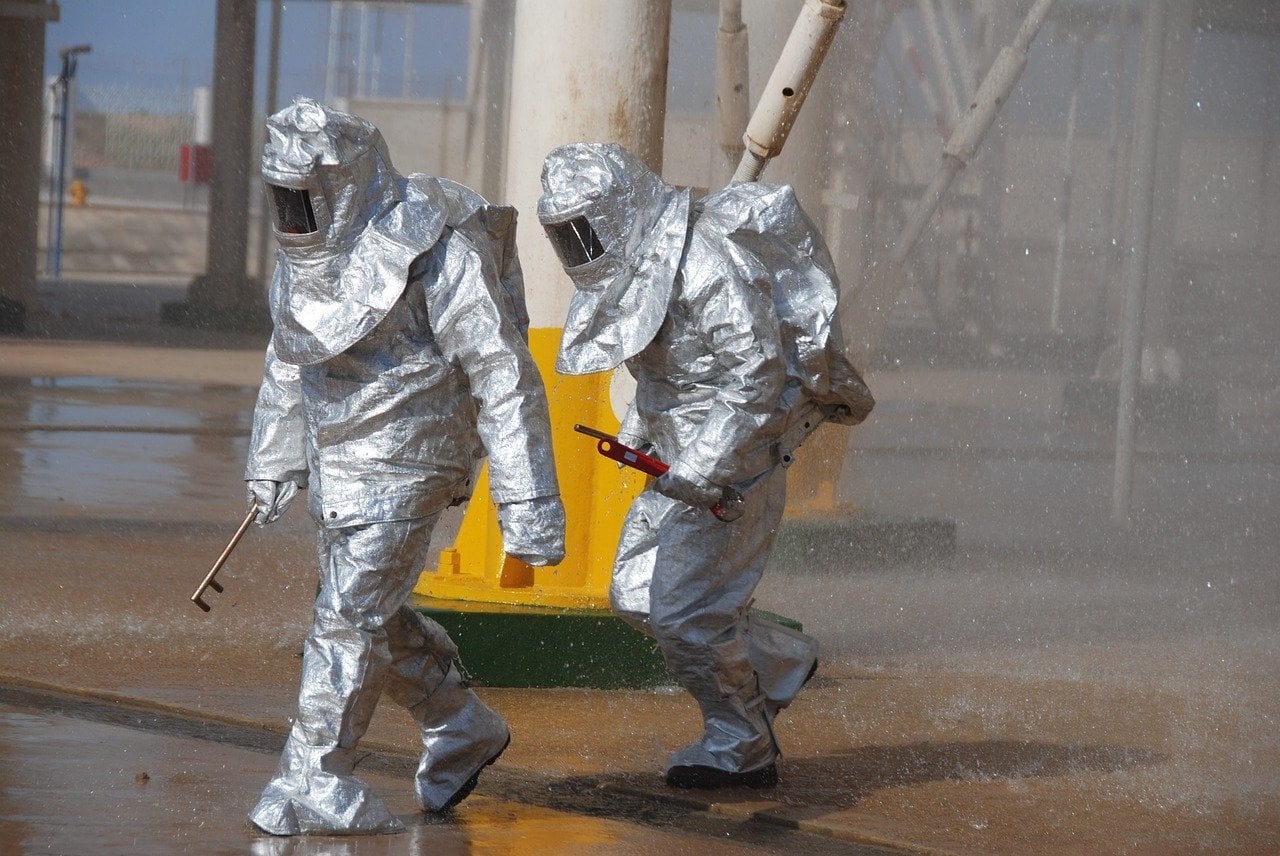Governments should partner with big-box retail and private sector experts for remote testing sites now
Q4 2019 hedge fund letters, conferences and more
As CEO of a live event and experiences company, I am seeing firsthand how the coronavirus pandemic is impacting American businesses and creating a great deal of uncertainty. The travel, hospitality and entertainment industries are bearing the early brunt of the economic impact of the pandemic with dozens of events being canceled, including SXSW, the N.C.A.A. basketball tournaments, the Ultra Music Festival and countless more.
This is undoubtedly a crisis for many industries. But it’s also a massive opportunity for federal and state governments to enlist private American companies with wide-ranging expertise to assist in the response. The Trump Administration has already recognized the value of private sector partnerships in order to address the growing response needs, including laboratory companies that have stepped up to assist with testing and biotech companies working tirelessly to create a vaccine and antiviral medications.
Setting Up Remote Testing Sites
Just like everyone else, my team and I at Encore Live have been following the discussions around a lack of testing capacity and hospital beds needed to care for the high volume of sick people. While states such as New York, Virginia and Ohio have begun rolling out drive-through testing centers, the process to get these remote testing sites up and running has been slow in most states. And health experts across the United States are also calling for a significant increase in the number of hospital beds.
When China was in the throes of the COVID-19 pandemic last month, the country famously built “pop-up” hospitals seemingly overnight. That herculean feat will need to be repeated in cities across the U.S. if we’re going to effectively treat the numbers of people that are expected to be sick. But our challenge -- and perhaps the opportunity -- that we have to overcome in the U.S. is that we can’t rely on the type of planned economy that allowed the Chinese government to quickly shift massive amounts of resources from the private sector.
Instead, cities and states in the U.S. should partner with the private sector in a way that ensures we are meeting demand for health care services while providing the best possible experiences for patients. These facilities must be set up quickly, but we must also expect and plan for challenges that inevitably arise when a flood of people flock to a single meeting point.
Lessons From Pop-Up Retail And Large-Scale Events
We should take the lessons learned from pop-up retail and large-scale events so we can apply them to the coronavirus testing locations and temporary hospital settings that need to be established in the coming weeks. There are many comparisons between pop-up retail and the needs for temporary testing facilities that make the events and experiences industry uniquely capable of assisting during this crisis.
For example, how will we reach and track those in need of coronavirus-related services, how do we set up effective signage so people know how to move through these sites, how do we budget effectively to ensure we can do the most good for the most people, and how will we feed the workforce who will staff these centers. Through public-private partnerships that include event companies, the Army Corp of Engineers, state national guards, law enforcement and healthcare workers, we can most effectively address these issues.
Of course, I have full faith the Army Corp of Engineers or the National Guard will be able to efficiently set up field hospitals or remote testing facilities. But I also believe that we can make this a more positive experience by creating consumer-friendly systems for testing and care instead of relying solely on a broad military-like presence in our communities. And we can also hire and train any worker who is impacted by the coronavirus-related economic downturn, such as gig workers, restaurant employees and more of those who don’t receive pay if they cannot work.
Providing A Stimulus To The Economy
By partnering with experts and hiring workers who are unable to earn a paycheck now, we can not only meet the healthcare needs we face but also provide an important stimulus to the economy. This model would also enable health care workers to focus on what they do best while allowing event experts to consider the logistics of housing, feeding and providing security for large groups of people moving through these settings.
There is also a role for American retailers, including big-box stores and pharmacies, to play in pop-up testing. Walmart has already agreed to host testing sites in their parking lots. We expect other large retailers to follow suit. This is an opportunity for them to not only play their part in dealing with the global pandemic but also to endear themselves further to a generation of customers.
Walmart, in particular, is uniquely poised to take a leadership position given its unique footprint and leverage to help expedite and improve upon any government-led effort. Walmart supercenters are “the heartbeat” of many communities across America, as U.S. CEO John Furner recently said. And as the largest employer in America, the company has a unique opportunity to deliver on its community commitment in an empathetic way that creates real benefit for the country battling this pandemic at a local level, and fulfills the Walmart brand purpose.
This is a time for decisive and quick action. Many state governments are already taking these critical steps to not only slow the spread of COVID-19 but also to ensure we can care for the sick. It’s time for governments of all sizes to take leadership and seek out innovative ways to tap the private sector for an immediate response.
About the Author
Walter Kinzie is the founder and CEO of Encore Live, a full-service event production company and experiential marketing firm.





